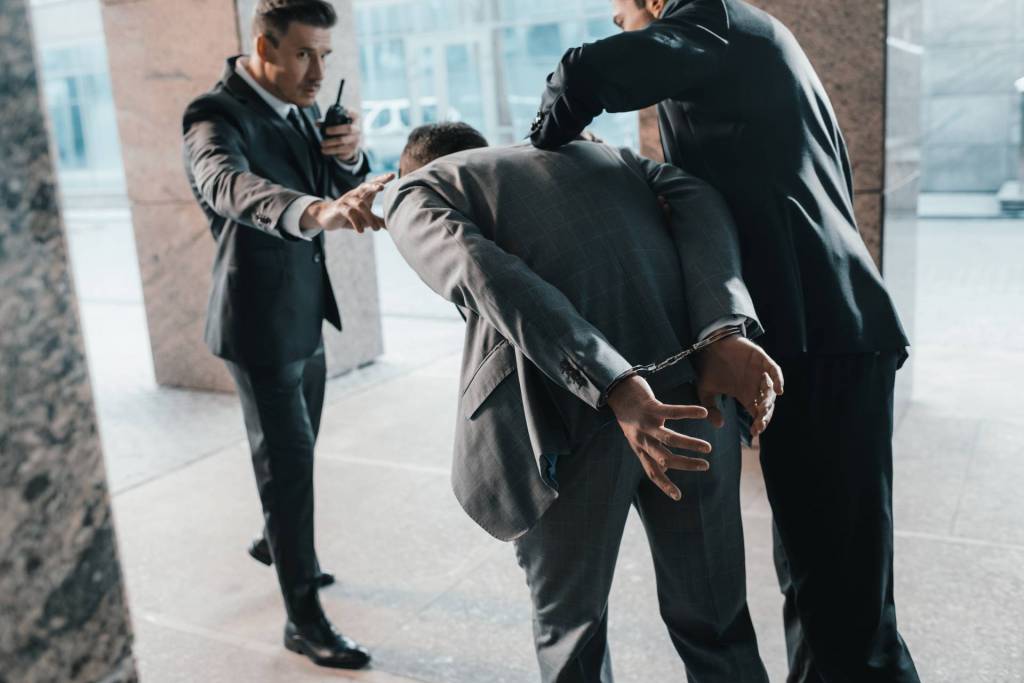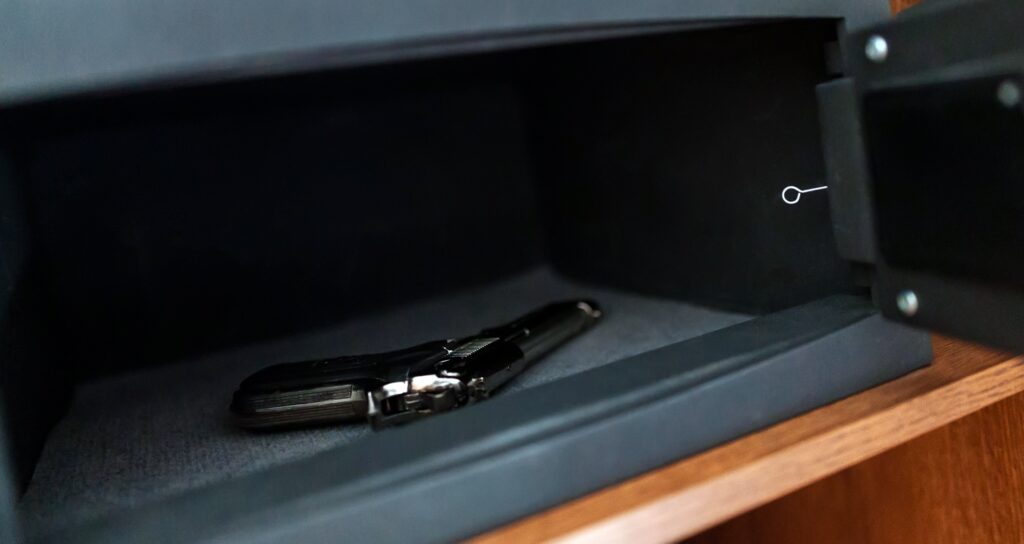What if the Police Don’t Read Me My Miranda Rights During a DUI Arrest?
You’ve probably heard of Miranda rights and might wonder if they’re applicable during every arrest. The 5th Amendment stipulates that every suspect has the right to remain silent as anything they say could be used against them in a court of law. Anything you say without the Miranda rights being read to you is not admissible in court.
The information can’t be considered voluntary if you had not been made aware of this right, especially if you were in custody and there was an interrogation. However, Los Angeles criminal defense attorneys explain that the case is different in DUI arrest cases. During a DUI stop, it is rare for police officers to conduct an actual interrogation, but they may ask several questions.
They may ask how much you had to drink or where you are coming from, questions that are not considered part of an interrogation. During this questioning, you are not protected by Miranda rights. A DUI case can’t be thrown out because police officers didn’t read your Miranda rights during the arrest.
What Constitutes a DUI Arrest?
While you’re not typically under arrest when the police pull you over on the side of the road, Los Angeles DUI defense lawyers say that you could consider it an arrest. Case law holds that a person is under arrest when they’re in a position where they wouldn’t feel free to leave, such as when they’re pulled over.
The police officers could ask you to get out of your vehicle and perform coordination tasks on the side of the road. Typically, the process is as follows:
- The officers ask you for your driver’s license and proof of insurance
- You are asked to perform field sobriety tests and preliminary alcohol screening breath test
- They could require you to take a cheek swab test for marijuana DUI
- They could require you to submit a horizontal nystagmus test or involuntary jerking of the eyes
- Ask you questions as they look for signs such as the smell of alcohol in your breath, incoherent or slurred speech, watery eyes, poor motor skills, slow and confused responses, or difficulty fetching your driver’s license.
Non-compliance could be the beginning of an arduous legal journey with potentially stiff legal consequences.
When Should My Miranda Rights Be Read to Me in a DUI Case?
Even if you haven’t been legally arrested for a DUI, police officers can still ask you anything without reading the Miranda warning. However, you have the right not to answer unless the police require you to provide basic information such as your name, driver’s license, and proof of insurance.
The Miranda warning should be read if you are interrogated in custody after an arrest, and the questions asked could elicit an incriminating response. Invoke your right to have skilled DUI defense lawyers in Colorado Springs present during the interrogation to avoid saying something that could complicate your case.
What Constitutes a Miranda Rights Violation?
Miranda rights violations happen when police officers fail to read the Miranda warning when interrogating you in custody. They should tell you the following:
- You have the right to remain silent
- Anything you say could be used as evidence in court
- You have the right to an attorney and to have them present while being questioned
- The state will appoint a lawyer to represent you before questioning if you can’t afford to hire one
Law enforcers should also not coerce you into making self-incriminating statements or prevent you from having an attorney present during interrogation. Miranda violations can become crucial in criminal cases, impacting the prosecutor’s ability to convict you. The violations play out differently in DUI cases.
Can My Case Be Dismissed If I Can Prove My Miranda Rights Were Violated?
Unfortunately, the issue of Miranda rights in DUI cases can be complex. That’s because police officers don’t need your statement to prosecute you if they can prove your blood alcohol content was above 0.08% while driving. Other pieces of evidence that prosecutors can use against you are:
- Observable impairment signs such as bloodshot eyes or flushed face
- Inconsistency in your driving pattern
- Failed field sobriety tests
- The presence of alcohol in your vehicle
- Testimony from eyewitnesses or other drivers
However, your DUI defense attorneys in Colorado Springs could ask the court to suppress any statements you made after your Miranda rights should have been read but were not. Even if the statements are excluded, you will still have to defend yourself as the prosecutors may still have a strong case against you based on other evidence they gathered.
What Does It Mean to Waive a Miranda Warning?
After the police read your Miranda rights, they will ask if you understand them and whether you agree to their interrogation. They could frame this question in any of the following ways:
- Do you clearly understand your rights as explained?
- With the knowledge that you have the right to remain silent, do you still wish to answer our questions?
- Do you agree to sign a written waiver acknowledging that you waived your rights?
If you agree to any of these conditions, you will have waived your Miranda rights. Criminal defense attorneys in Colorado Springs advise against waiving your Miranda rights without proper legal counsel.
Understanding Miranda Rights in DUI Cases with the Help of Skilled a Skilled DUI Defense Lawyer
Your Miranda rights are a provision under the 5th Amendment. While they play a crucial role during criminal cases, police officers are not required to read them to you during a DUI arrest. Understanding how the Miranda warning works in DUI cases is crucial in helping you defend yourself.
Consult DUI defense attorneys in Colorado Springs if you believe the police violated your rights during a DUI arrest. They can investigate the case and determine whether to file a motion to suppress. Miranda Rights Law Firm has dedicated DUI defense attorneys who can help you fight DUI charges. Call us at 213-255-5838 to schedule a FREE consultation.





